
On February 12, Harbin Engineering University (HEU) hosted the “Seminar on the Development Strategy of Advanced Fission Nuclear Power Technology for Next-Generation Reactors Toward 2040.” The event featured speeches from key figures, including CHEN Su, Director of the Heilongjiang Provincial Department of Science and Technology; LIN Feng, Director of the 703 Research Institute of China Shipbuilding Group; and YIN Jingwei, Vice President of HEU.
The seminar, focused on “Next-Generation Reactor Technology,” was jointly organized by HEU, the Energy Research Institute of the Hefei Comprehensive National Science Center, and the 703 Research Institute of China Shipbuilding Group. More than 20 leading experts and scholars from the field participated, including:
• ZHOU Shouwei, Academician of the Chinese Academy of Engineering (CAE)
• XIE Kechang, CAE Academician
• ZHAO Wenzhi, CAE Academician
• OUYANG Xiaoping, CAE Academician
• CHEN Xuedong, CAE Academician
• YANG Desen, CAE Academician
• LI Jiangang, CAE Academician
• DENG Jianjun, CAE Academician
• LIN Jun, CAE Academician
• LI Ning, CAE Academician
• ZHAO Zhengguo, Academician of the Chinese Academy of Sciences (CAS)
• XUAN Yimin, CAS Academician
• WAN Baonian, CAS Academician
Experts from China National Offshore Oil Corporation (CNOOC), the China Petroleum Exploration and Development Research Institute, and other related institutions also participated. Discussions centered on pressing issues in nuclear science and technology, with a particular focus on the strategic development of next-generation small reactors and their technological future.
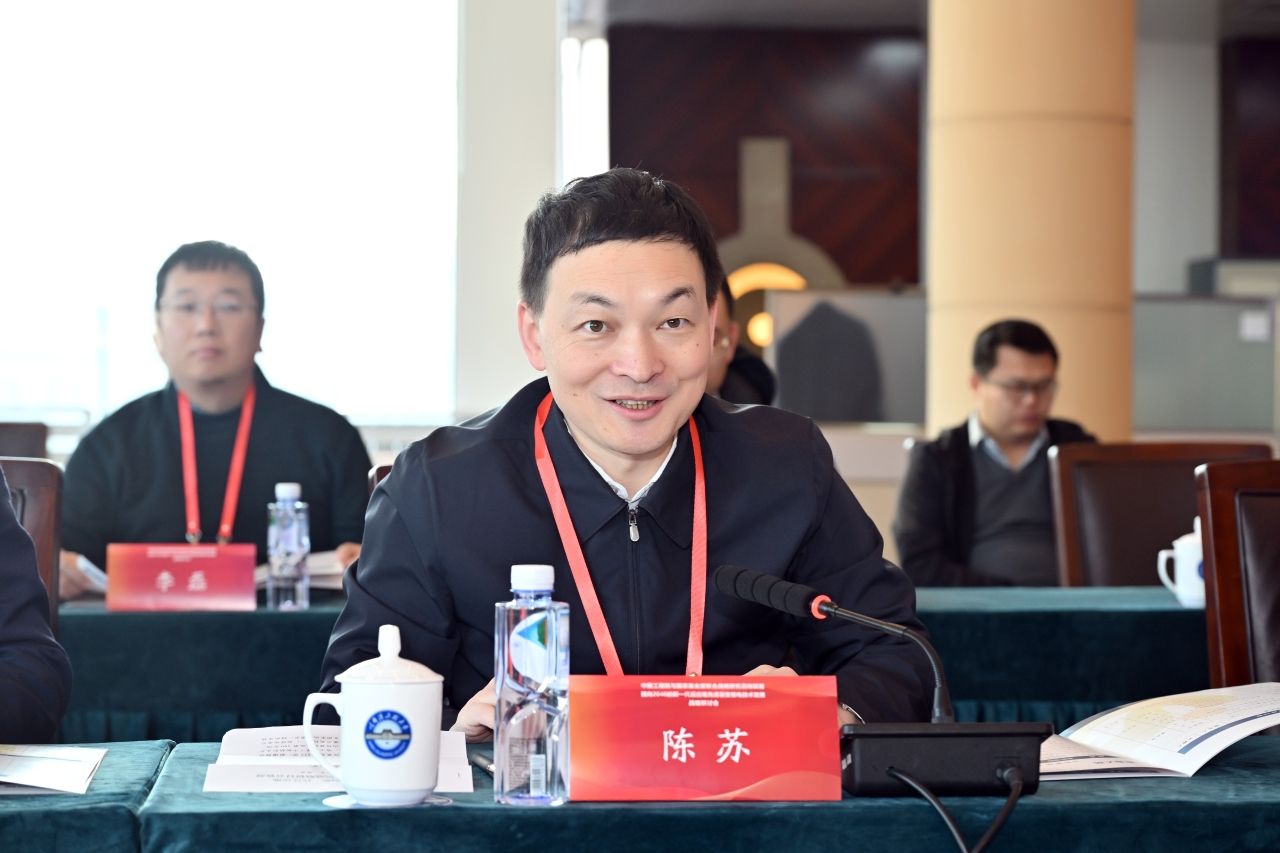
CHEN Su emphasized that the seminar aimed to explore the future trajectory of nuclear science and technology, calling on experts to provide guidance and support. He highlighted the importance of collaboration as a high-end think tank to assist in the innovative development of universities and research institutes like HEU and the 703 Research Institute. CHEN also advocated for joint technical research, the transformation of scientific achievements into practical applications, and the cultivation of new productive forces to drive high-quality development and sustainable revitalization in Heilongjiang.
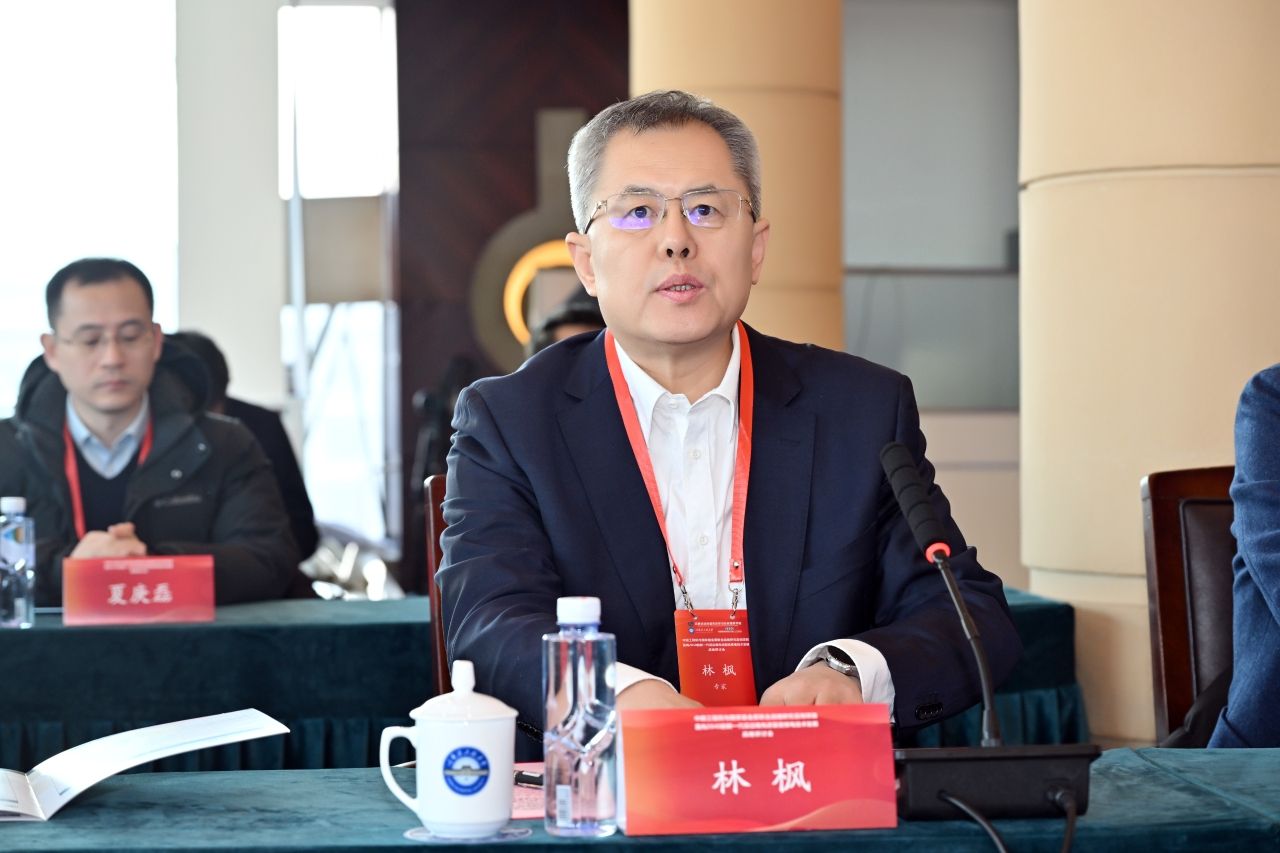
LIN Feng stressed that he hoped the seminar would yield valuable insights from academicians in both scientific research and engineering, contributing to the leapfrog advancement of nuclear energy technology.
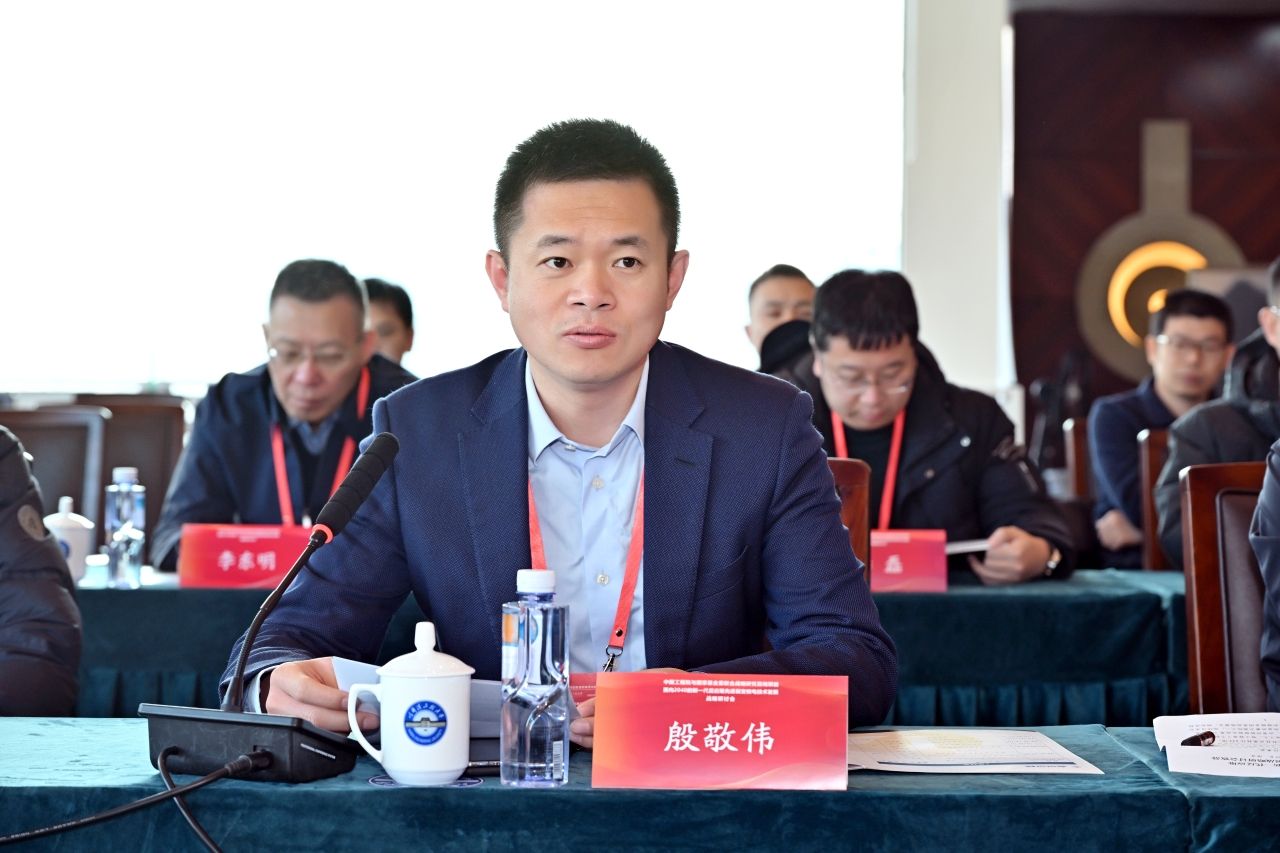
YIN Jingwei expressed that the seminar provided an opportunity to explore cutting-edge nuclear technologies, foster interdisciplinary collaboration, and offer guidance on advancing HEU's nuclear science programs.
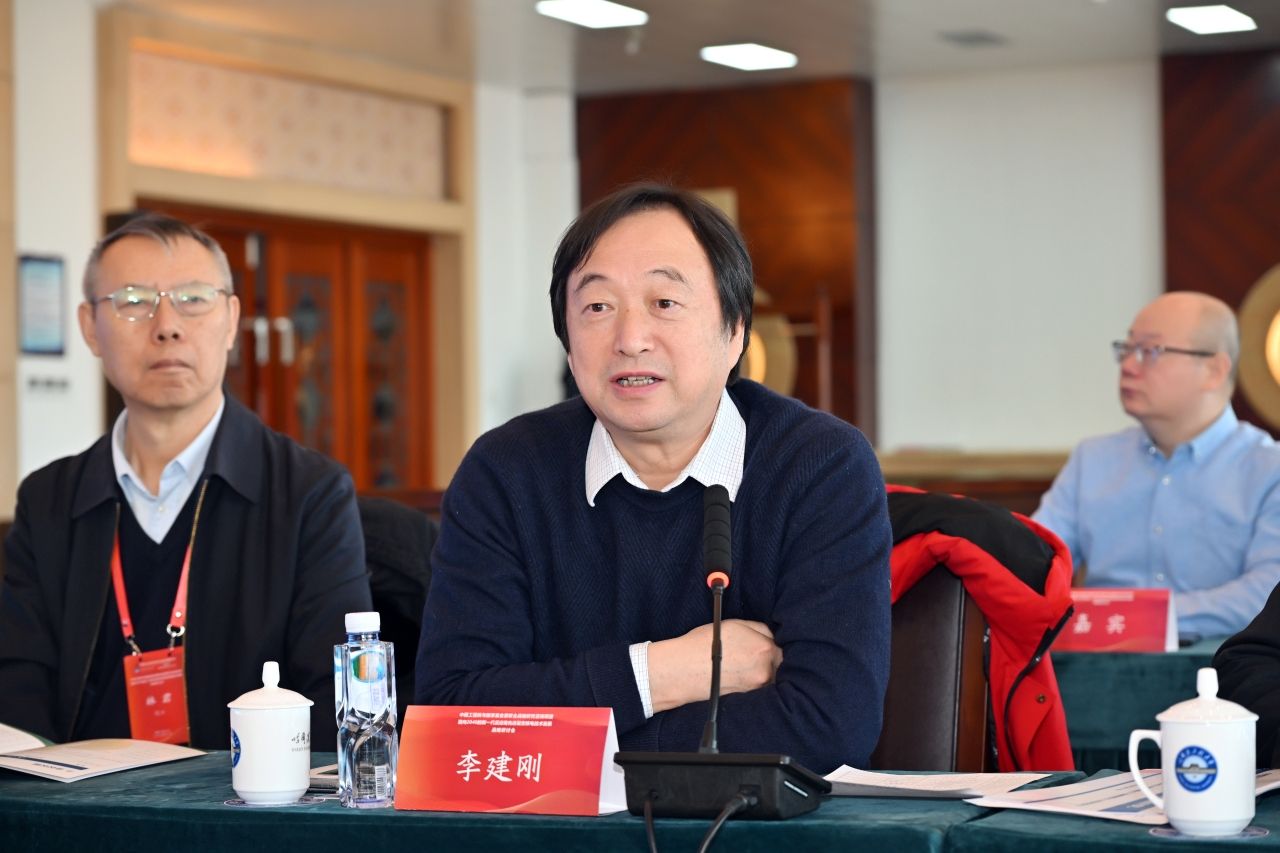
LI Jiangang shared his hope that the seminar would further promote the integration of education, technological innovation, and future enterprise development, thus advancing progress in the nuclear technology sector.
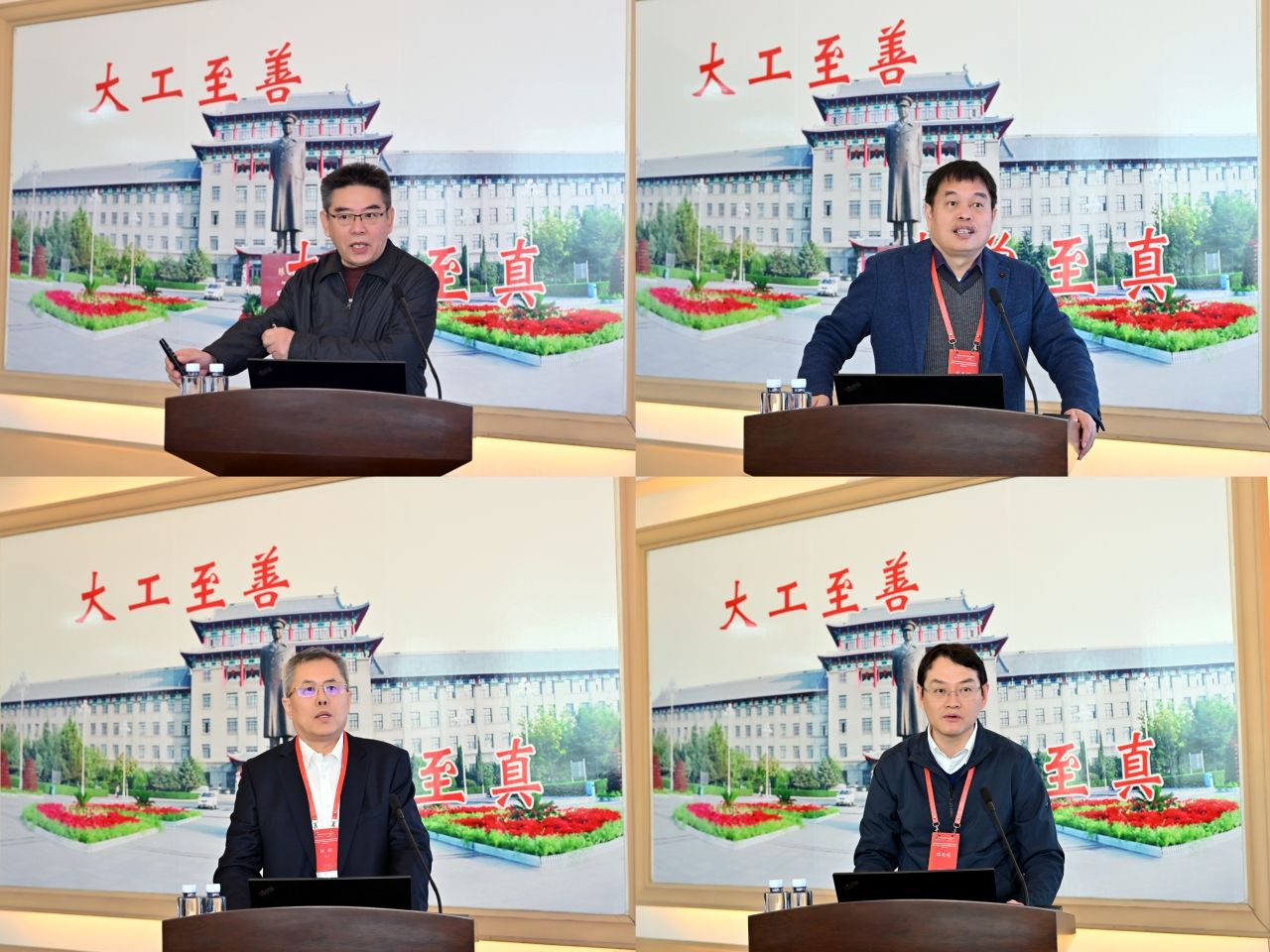
During the seminar, TIAN Jiashu, SU Guanghui, LIN Feng, and TAN Sichao, Dean of the College of Nuclear Science and Technology at Harbin Engineering University, delivered specialized reports. This was followed by in-depth discussions and exchanges among the experts and scholars.
